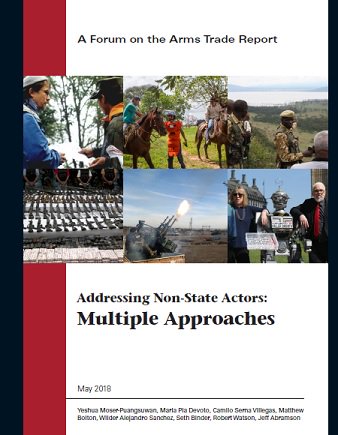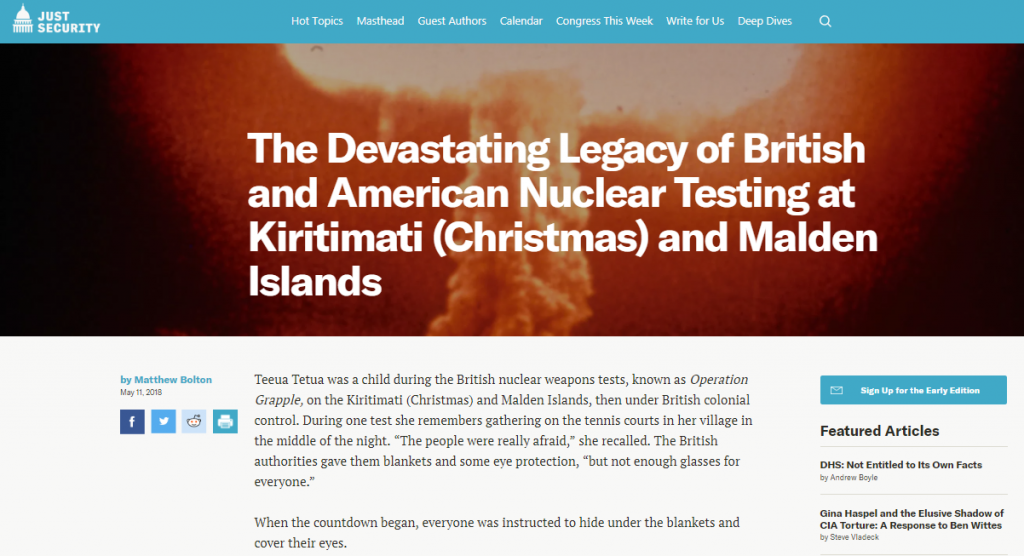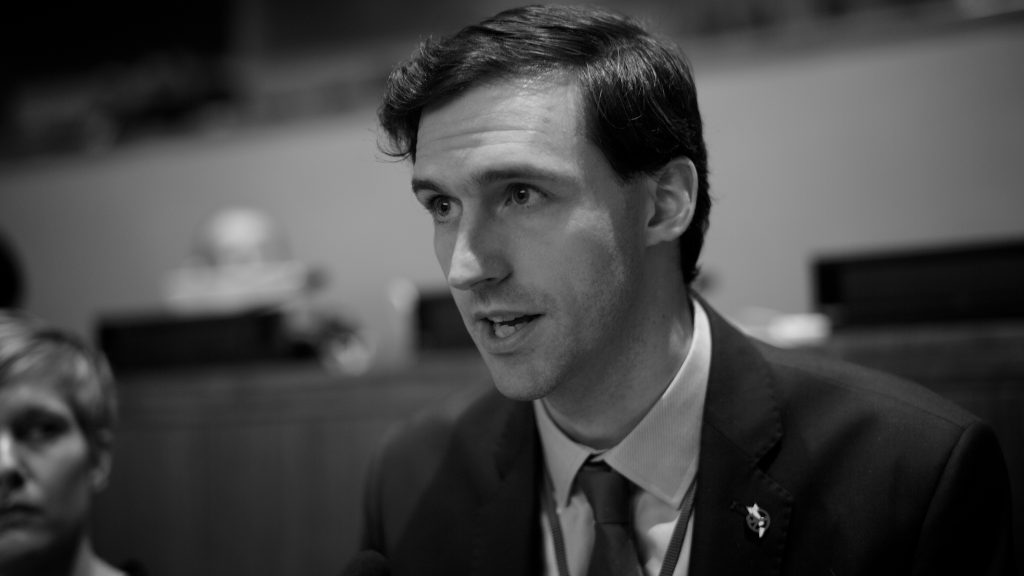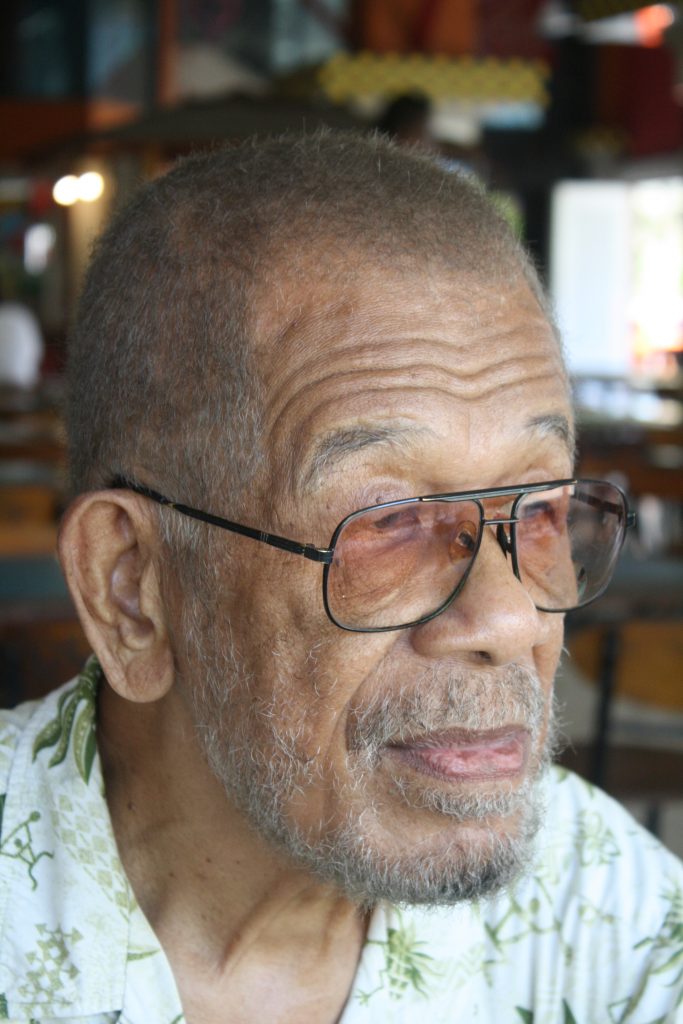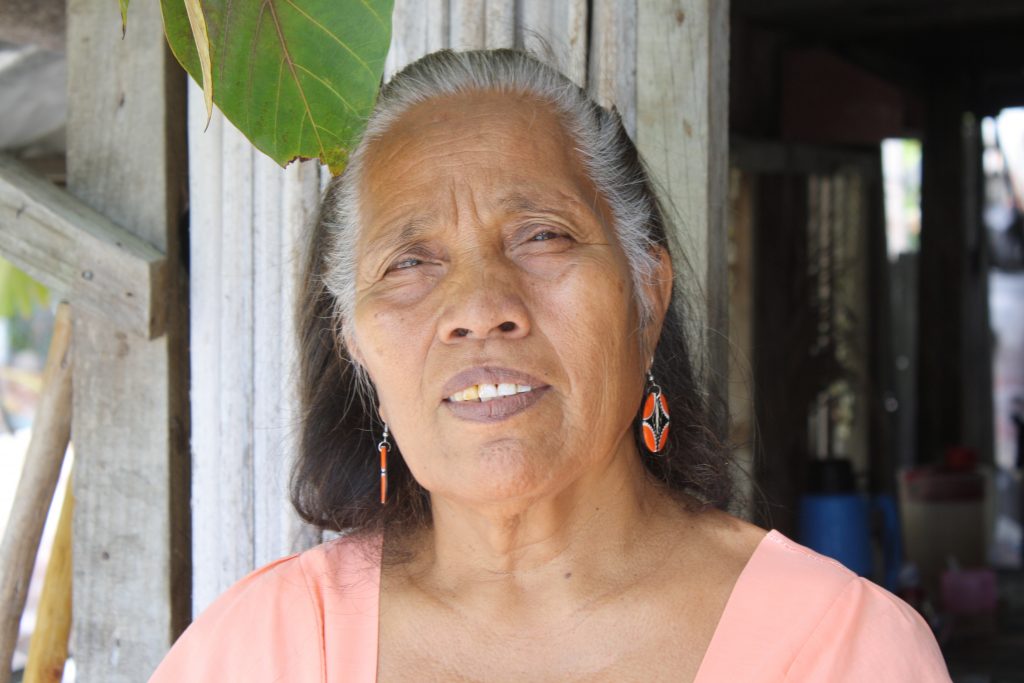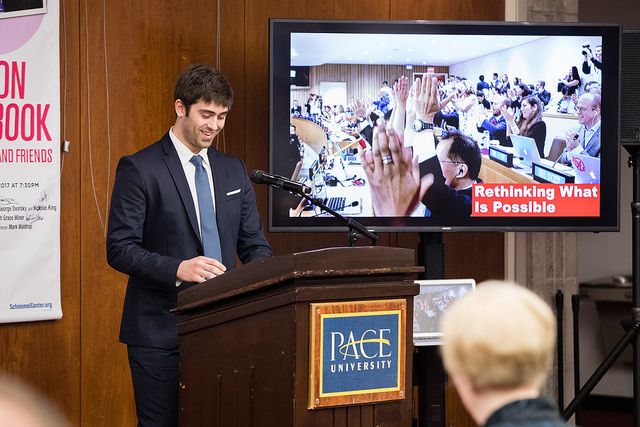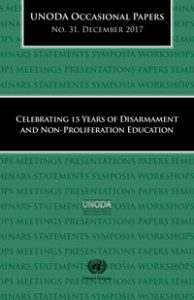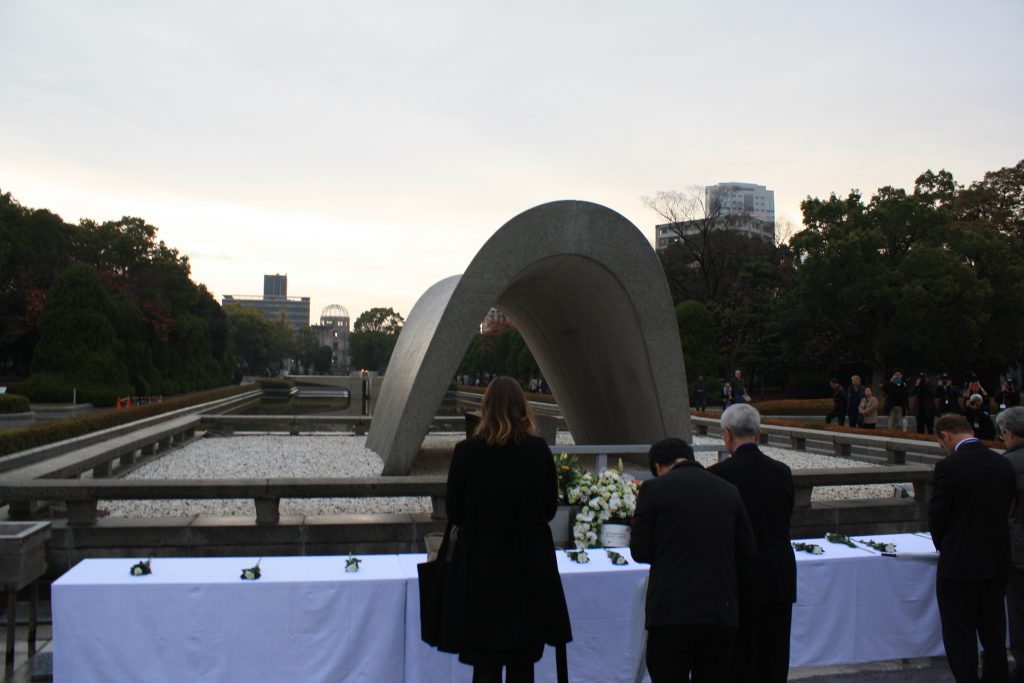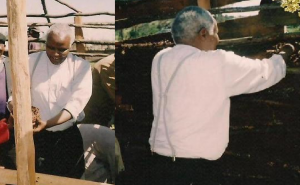The Forum on the Arms Trade report Addressing Non-State Actors: Multiple Approaches has published an article by Matthew Bolton, director of Pace University’s International Disarmament Institute on ways to use the Arms Trade Treaty (ATT) to address armed violence in Kenya (which has signed but not yet ratified the treaty):
“Militarized state interventions to address cattle rustling in Kenya often exacerbate the situation, introducing new weapons (that enter the illicit market sector through theft or sale) and extrajudicial violence. Heavy-handed suppression is also expensive, diverting important resources away from sustainable development. Similarly, militarized state responses to the collapsing populations of elephants and rhinos—such as shoot-to-kill policies—have often failed to meet human rights standards and have even been implicated in poaching. Indeed, such responses may undermine important efforts to engage and build local capacities for sustainability, peace, and alternative livelihoods. There are, however, alternatives to militarized responses to pastoralist conflict and wildlife crime, rooted in human rights, the rule of law and international cooperation and assistance. The previous African elephant poaching crisis in the 1980s—which was fueled by the influx of guns in Africa’s Cold War proxy conflicts—was stopped not so much by militarized interventions but rather through international legal and normative change. In 2013, the Arms Trade Treaty (ATT) established, for the first time, global regulations on the transfer of conventional weapons that can prevent arms getting into the hands of human rights abusers, terrorists, war criminals and organized criminal groups. The majority of African states have signed the ATT and Kenya was particularly crucial in this diplomatic victory, as one of the eight “co-authors” (seen as custodians of the process) of the 2006 General Assembly Resolution that launched the treaty process. However, Kenya has not yet joined the ATT. If it is universalized and rigorously implemented, States like Kenya can use the ATT as a normative framework for assessing and mitigating the risks that arms transfers will exacerbate armed violence in pastoralist communities, including cattle raiding and wildlife crime, as well as counterproductive, militarized approaches to controlling pastoralist regions.”
To read the full article, click here.
This article is based on research conducted by Pace University’s International Disarmament Institute during its 2016-2017 Arms Trade Treaty (ATT) Academy East Africa project. In partnership with the Control Arms Secretariat, the International Disarmament Institute’s ATT Academy was a year-long program of education, research and training on the ATT for East and Horn of Africa officials and civil society activists. This project was supported by the UN Trust Facility Supporting Cooperation on Arms Regulation (UNSCAR).

